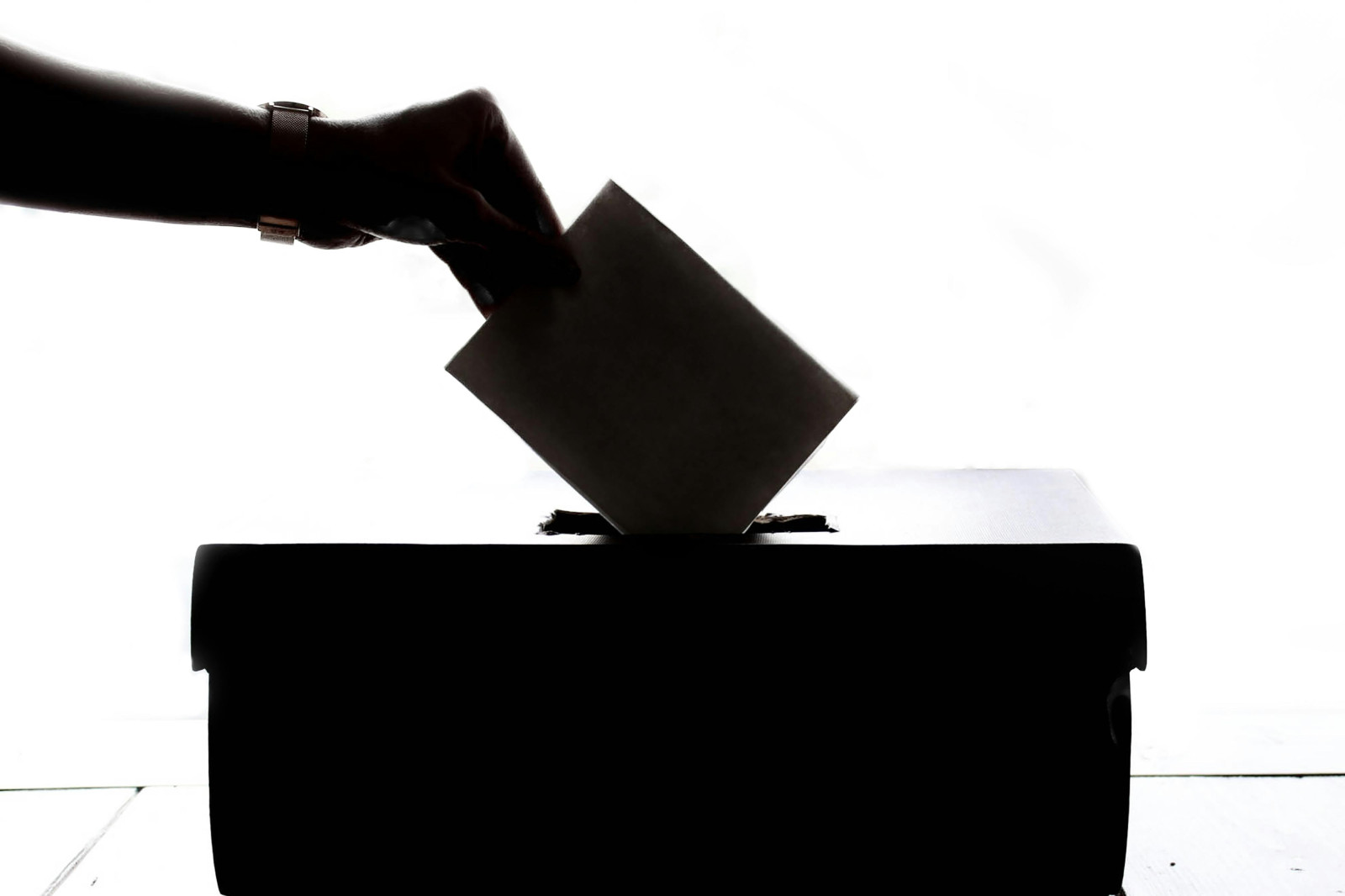Political podcast advertising: Will the ‘podcast election’ open the door for political ads in podcasts?


US presidential campaign ads are ubiquitous on television. Leading up to the election, every commercial break is an alternating flurry of messaging from each side. This year, however, we saw the first ‘podcast election’, with podcasts playing a key role in presidential campaigning as well. Candidates Donald Trump and Kamala Harris have been doing the podcast circuit, with Trump appearing on The Joe Rogan Experience and Harris on Call Her Daddy and The Breakfast Club with Charlamagne tha God. Even so, political podcast advertising has yet to gain traction.
In fact, paid political advertising is noticeably absent from podcasts altogether, despite the hundreds of millions of dollars raised by these campaigns and their focus on podcast appearances. Spotify currently accepts political ads, and the Federal Communications Commission (FCC) is not limiting political ads in podcasting either. Ultimately, the current lack of political advertising in podcasts comes down to two fundamental aspects of the format:
For many industries, podcast advertising is still uncharted and unproven territory, at least relative to other digital platforms
Podcast listeners often strongly associate podcasts and their hosts with the advertisements served during commercial breaks, which makes accepting political ads more risky for the podcaster
Spotify is one of the few podcast platforms that offers brands the ability to run ads directly through the platform. However, running ads through the Spotify Audience Network still means navigating some gatekeeping, including minimum on-platform spends. The same is true for third-party self-serve podcast advertising platform Acast. For small- and medium-sized companies, that minimum spend in itself can act as a deterrent.
Featured Report
India market focus A fandom and AI-forward online population
Online Indian consumers are expected to be early movers. They are high entertainment consumers, AI enthusiasts, and high spenders – especially on fandom. This report explores a population that is an early adopter, format-agnostic, mobile-first audience, with huge growth potential.
Find out more…For platforms like Apple Podcasts, which does not offer direct ad placements, it is ultimately up to third-party publishers and ad networks (Acast included) to insert ads, which puts the onus on brands to find the right companies to work with. The time, resources, and institutional knowledge it takes to run ads this way creates another deterrent for many companies.
Ultimately, the complexity of figuring out how to advertise on podcasts, where those advertisements will be placed, and the return on investment (ROI) creates hurdles for many businesses — or political campaigns — that may be thinking about diversifying their advertising channels. When it comes to other digital advertising channels, i.e., Meta, Google, and TikTok, the barriers to entry are much lower and the ability to target audience behaviours (e.g., views, clicks, purchases) is much more advanced, giving brands a clear idea of how to enter the field and what measurements to take.
That said, podcasting is also different from television and social media in a very distinct way. Because many podcasts are personality-driven and podcast brands are often built on the trust an audience has with the podcast host(s), any advertisements that appear on the podcast have that much more weight. This is why host-read podcast ads are considered the most effective. Television usually involves a fictional narrative, which puts distance between the viewer and the content. Television is also explicitly commercial in a way that podcasting is not just yet. With huge studio budgets and frequent, dedicated ad breaks, viewers expect to be blatantly sold cars and pharmaceuticals in a manner that is completely divorced from the narrative of the show they are watching. As such, consumers have become inured to advertisements on television and less likely to associate ads with the content of the broadcast itself.
Interviews hosted on podcasts, on the other hand, are perceived slightly differently. Even with Trump going on The Joe Rogan Experience or Harris going on The Breakfast Club, podcast hosts have the plausible deniability of “just asking questions” without endorsing or explicitly promoting a specific candidate. These podcasts also have a keen sense of their audience’s preferences, so they know what guests are likely to turn their audiences off and what guests are likely to increase engagement even more.
If these political podcast appearances increase voter turnout, then more political campaigns will likely follow suit. As Spotify and other platforms work to democratise and scale podcast advertising, it may only be a matter of time before campaigns start experimenting with paid political advertising on podcasts. However, breaking that seal completely brings big risks to the podcasts on which those political ads are served. If listeners start to feel like podcast content is misaligned with the advertisements they are hearing, podcasts run the risk of damaging their brand reputations among fans. That said, podcast video ads are right around the corner as Spotify scales podcast advertising through its ad exchange. Could that help open the door for podcasts to compete with television as the new home for political campaign spending during the next election cycle?

The discussion around this post has not yet got started, be the first to add an opinion.